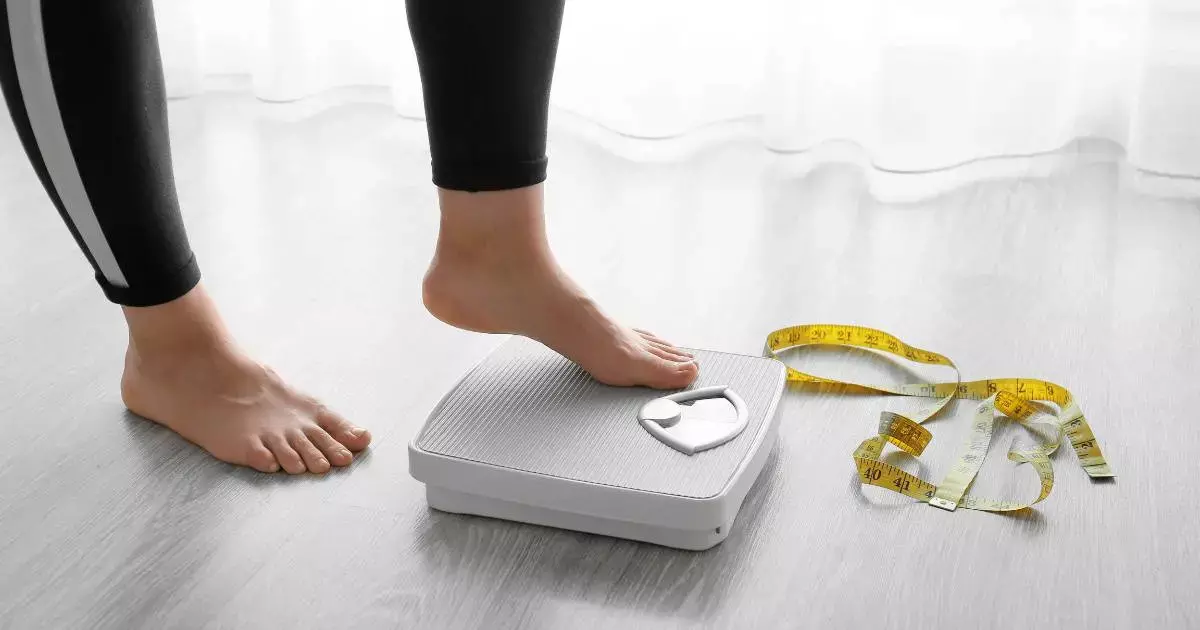- Home
- Medical news & Guidelines
- Anesthesiology
- Cardiology and CTVS
- Critical Care
- Dentistry
- Dermatology
- Diabetes and Endocrinology
- ENT
- Gastroenterology
- Medicine
- Nephrology
- Neurology
- Obstretics-Gynaecology
- Oncology
- Ophthalmology
- Orthopaedics
- Pediatrics-Neonatology
- Psychiatry
- Pulmonology
- Radiology
- Surgery
- Urology
- Laboratory Medicine
- Diet
- Nursing
- Paramedical
- Physiotherapy
- Health news
- Fact Check
- Bone Health Fact Check
- Brain Health Fact Check
- Cancer Related Fact Check
- Child Care Fact Check
- Dental and oral health fact check
- Diabetes and metabolic health fact check
- Diet and Nutrition Fact Check
- Eye and ENT Care Fact Check
- Fitness fact check
- Gut health fact check
- Heart health fact check
- Kidney health fact check
- Medical education fact check
- Men's health fact check
- Respiratory fact check
- Skin and hair care fact check
- Vaccine and Immunization fact check
- Women's health fact check
- AYUSH
- State News
- Andaman and Nicobar Islands
- Andhra Pradesh
- Arunachal Pradesh
- Assam
- Bihar
- Chandigarh
- Chattisgarh
- Dadra and Nagar Haveli
- Daman and Diu
- Delhi
- Goa
- Gujarat
- Haryana
- Himachal Pradesh
- Jammu & Kashmir
- Jharkhand
- Karnataka
- Kerala
- Ladakh
- Lakshadweep
- Madhya Pradesh
- Maharashtra
- Manipur
- Meghalaya
- Mizoram
- Nagaland
- Odisha
- Puducherry
- Punjab
- Rajasthan
- Sikkim
- Tamil Nadu
- Telangana
- Tripura
- Uttar Pradesh
- Uttrakhand
- West Bengal
- Medical Education
- Industry
Empagliflozin Aids Weight Loss in patients with Prediabetes and Diabetes, reports study

Empagliflozin Aids Weight Loss in Prediabetes and Diabetes suggests a new study published in the Scientific Reports.
The impact of blood glucose-lowering medications on weight has always been a topic of interest in the treatment of diabetic patients. This study investigates the effect of empagliflozin on weight in patients with prediabetes and type 2 diabetes.
This quasi-experimental study was performed on patients with prediabetes or type 2 diabetes with an HbA1c level up to 1% higher than the treatment target, and not using other blood glucose-lowering medications. Patients received 10 milligrams of Empagliflozin once daily for three months, and weight, BMI, waist circumference, and blood pressure were evaluated monthly.
Forty-three patients (21 women and 22 men) enrolled. The average weight of patients decreased by 2.96 ± 1.96 kg (3.8%) (P < 0.001). BMI decreased by -1.10 ± 0.71 Kg/m2 (3.72%) (P < 0.001). The waist circumference of patients decreased by -3.23 ± 3.69 centimeters (P < 0.001). FPG decreased from 114.86 to 109.48 mg/dL (P < 0.001), and HbA1c decreased from 6.52% to 6.38% (P < 0.001). The weight change was more significant in men than women (-3.59 ± 1.74 vs. -2.30. ± 1.99), (P = 0.029). Weight reduction was greater in patients with GFR higher than 90 compared to GFR lower than 90 (-3.34. ± 2.00 vs. -2.16 ± 1.67) (P = 0.063). Also, no significant difference was observed in the weight, BMI, and waist circumference changes between different BMI groups (less than 25, 25 to 30, 30 to 35, and higher than 35).
The trend of weight and BMI changes during the three-month empagliflozin treatment period was significant (P < 0.001) and didn’t reach a plateau level after three months. The change in waist circumference was also significant, reaching a plateau level after one month (P < 0.001). There was no significant change in blood pressure.
In conclusion the weight, BMI, and waist circumference of patients decreased following the administration of empagliflozin. Weight reduction was more pronounced in males than females and in patients with a GFR above 90 than those with a GFR below 90.
Reference:
Sanjari, M., Hadavizadeh, M., Sadeghi, N. et al. Effect of empagliflozin on weight in patients with prediabetes and diabetes. Sci Rep 15, 118 (2025). https://doi.org/10.1038/s41598-024-83820-7
Dr. Shravani Dali has completed her BDS from Pravara institute of medical sciences, loni. Following which she extensively worked in the healthcare sector for 2+ years. She has been actively involved in writing blogs in field of health and wellness. Currently she is pursuing her Masters of public health-health administration from Tata institute of social sciences. She can be contacted at editorial@medicaldialogues.in.
Dr Kamal Kant Kohli-MBBS, DTCD- a chest specialist with more than 30 years of practice and a flair for writing clinical articles, Dr Kamal Kant Kohli joined Medical Dialogues as a Chief Editor of Medical News. Besides writing articles, as an editor, he proofreads and verifies all the medical content published on Medical Dialogues including those coming from journals, studies,medical conferences,guidelines etc. Email: drkohli@medicaldialogues.in. Contact no. 011-43720751


